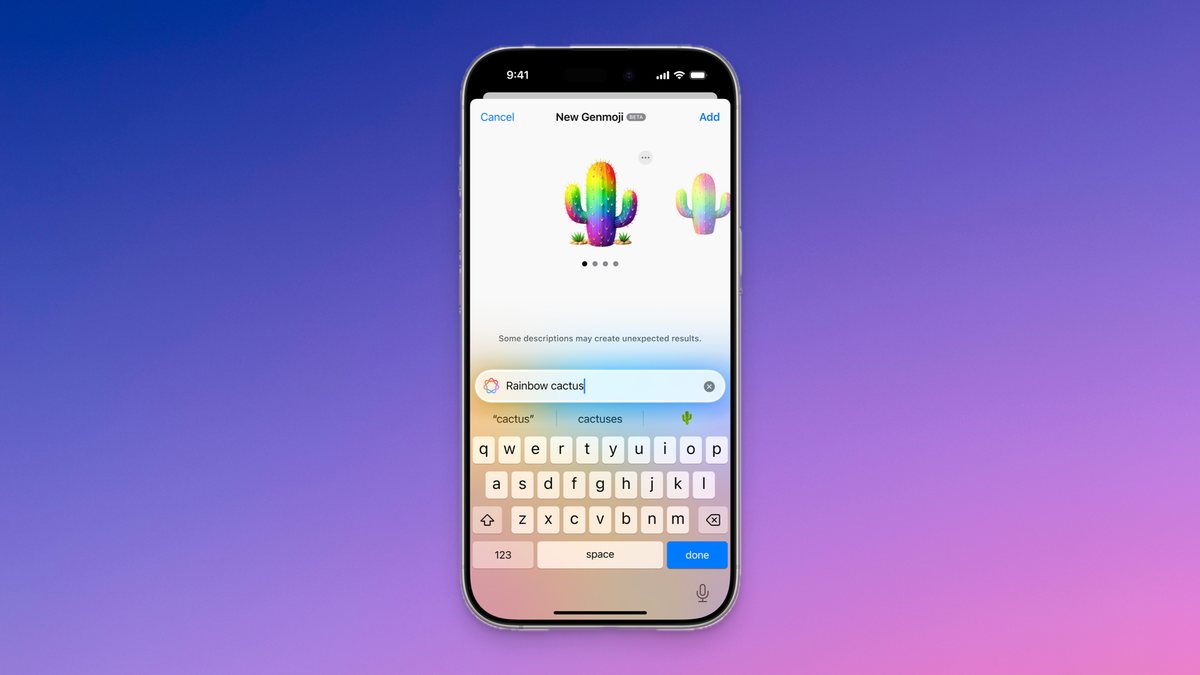Apple’s
iOS 18.2 dropped recently, promising to fix some longstanding issues that iPhone users had been complaining about since updating to
iOS 18. The release notes claim to have improved
Apple Intelligence, added in ChatGPT integration, and made other tweaks. But did they actually fix the things that were driving people crazy? That’s the real question. One of the main issues that users have reported is related to battery life. Many iPhone owners have noticed a significant decrease in battery life after updating to
iOS 18. While Apple has not explicitly stated that
iOS 18.2 addresses this issue, some users have reported an improvement in battery life after installing the update. However, it is important to note that this is not a universal experience, and some users continue to face battery-related problems.
Another common complaint among iPhone users has been related to performance. Some users have reported that their iPhones have become slower and less responsive after updating to iOS 18. Apple has claimed that iOS 18.2 includes performance improvements, but again, user experiences vary. Some users have noticed a positive difference in performance, while others have not.
In addition to battery life and performance, users have also reported issues with Wi-Fi connectivity, Bluetooth connectivity, and app crashes. While Apple has not specifically mentioned these issues in the release notes for iOS 18.2, it is possible that the update includes fixes for these problems. However, without explicit confirmation from Apple, it is difficult to say for sure.
iOS 18.2 delivered another batch of Apple Intelligence features to iPhones
Lastly, some users have reported that their iPhones are running hotter than usual since the iOS 18 update. Whether it’s streaming videos, browsing the web, or just using basic apps, their phones seem to be turning into miniature furnaces. This not only makes the phone uncomfortable to hold, but it also raises concerns about long-term battery health and overall device performance. I am still experiencing this issue myself, even on the iOS 18.2 update, so I’d have to say this is another challenge that has yet to be addressed.
It’s worth acknowledging that iOS 18 is still under development, and Apple likely continues to refine it. However, the bulk of user complaints haven’t been directed at new additions like Apple Intelligence. Instead, they’ve centered around seemingly basic issues: unexpected battery drain, performance hiccups, connectivity glitches, and app instability. These issues, while perhaps not fundamentally flawed, contribute to a sense of “jankiness” that detracts from the overall user experience.While Apple continues to add more Apple Intelligence features, it’s crucial that they address these underlying performance issues. A foundation of stability and reliability is essential for users to fully embrace and appreciate new features. If users are constantly battling bugs and glitches, the appeal of cutting-edge features like Apple Intelligence diminishes significantly. It is already bad enough that this launch has been staggered, offering the new features bit by bit.
This isn’t to say that Apple isn’t aware of or already working on these issues. They have a long track record of refining and improving their software over time. It’s possible that subsequent updates to
iOS 18 will address these concerns and deliver a more polished user experience. However, the initial impression matters, and the current state of
iOS 18 leaves something to be desired.
Apple needs to take decisive action to address these issues and ensure a smooth and reliable user experience. Failing to do so risks overshadowing the genuine innovation present in iOS 18, leaving users frustrated and potentially hindering the adoption of new features. The focus should be on delivering a polished and refined product, not just a feature-rich one. Ultimately, users want a device that works seamlessly and reliably, allowing them to enjoy the latest features without distraction. Until then, the full potential of iOS 18 remains untapped.
